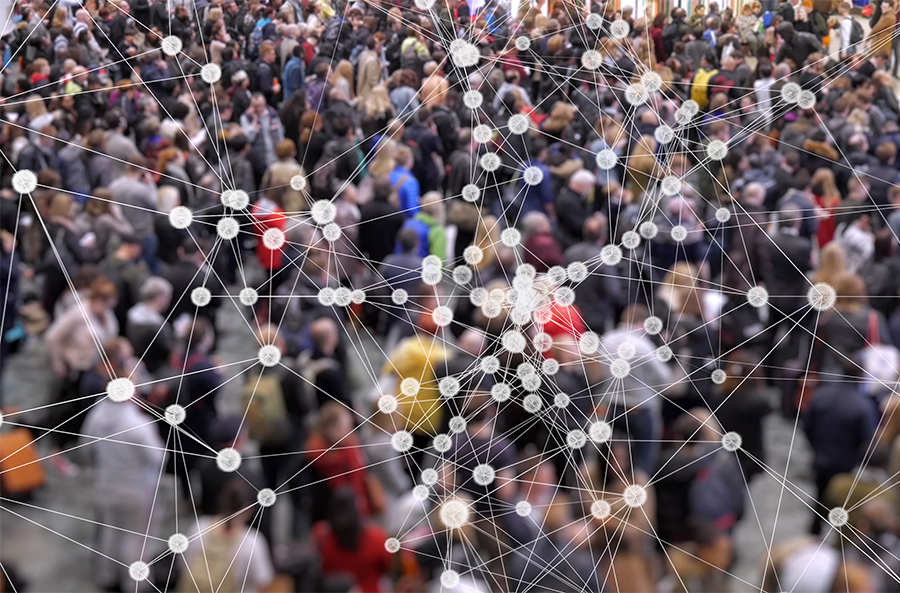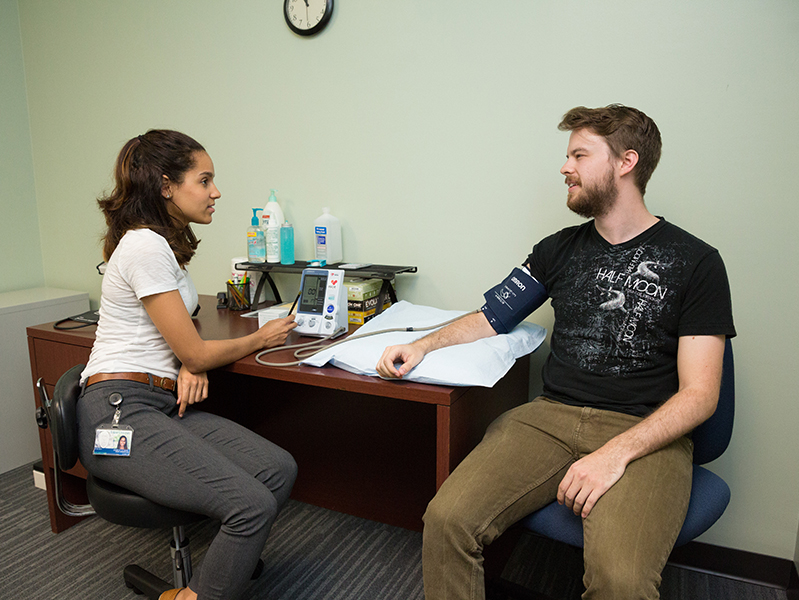Degree Programs
Epidemiology is the science upon which public health and population science are based. Epidemiology deals with the incidence, distribution and possible control of diseases and factors relating to health. Epidemiologists discover the patterns, distribution, etiology, and risk factors of disease in human populations through the collection and analysis of health data.
The Department of Epidemiology offers the following degrees:
The MPH in Epidemiology is a professional degree that provides a strong foundation in epidemiologic principles and methods along with application in a chosen area such as cardiovascular, chronic, or infectious disease, and environmental, reproductive, molecular/cancer, or genetic epidemiology.
Now available online! The MPH in Epidemiology is a professional degree that prepares students to serve as epidemiologists in mid-level positions in public health research or practice settings. The program appeals to professionals currently employed in the health field and as well as those without previous training or experience in public health.
The MS in Clinical Investigation is an academic degree that prepares students for research careers addressing patient-centered health concerns and in research clinical trials.
The MS in Epidemiology is an academic degree that provides the theoretical foundation, research methods, and analytical skills for population-based research.
The PhD in Epidemiology is the academic doctoral degree in which graduates gain the strong theoretical basis, research methodology and analytical skills to become independent researchers.
The Accelerated Master's Program is a path for continuous study from the bachelor’s degree through a master’s level professional degree at the School of Public Health and Tropical Medicine.






